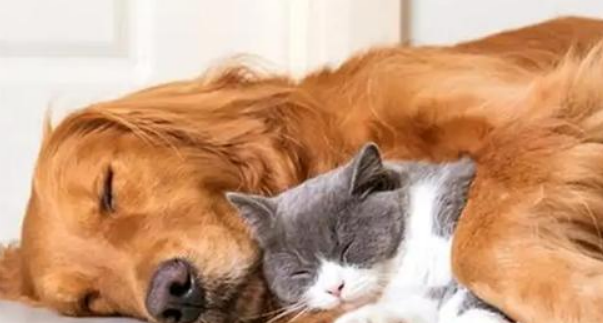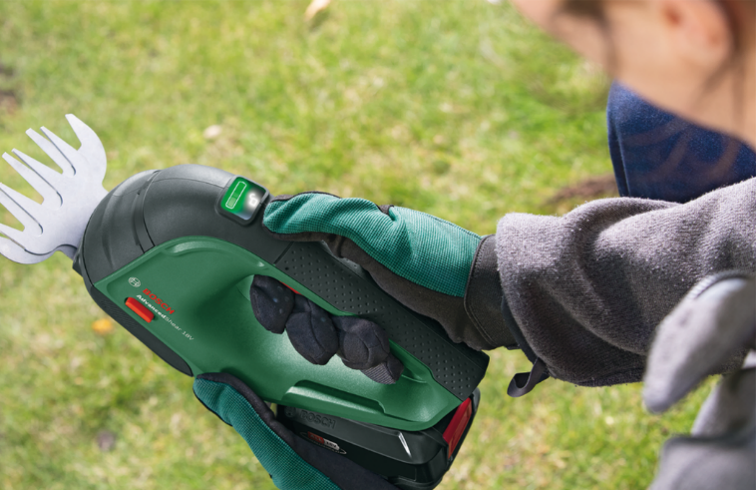In today's world, pets aren't just "cats and dogs." They're family. They're the furry kids who wait at the door, the warm cuddle after a long workday. We buy them puffer jackets, heated blankets, plush beds, toys, and premium food. Every pet parent is essentially running a love-powered operation. But have you ever found yourself in a 3 a m. emergency vet clinic, staring at a bill and questioning life choices? That's when the whisper of "pet insurance" starts getting louder.

Buying Peace of Mind for Your Pet? You're Not Alone. Across social media, pet parents everywhere are sharing their triumphs and frustrations about pet insurance. Take Lisa from Boston. She owns a lively Ragdoll cat named Mocha. One day, Mocha started vomiting uncontrollably, and Lisa rushed her to the vet, where Mocha was diagnosed with gastroenteritis. The visit cost nearly $300. Lisa was confident it would be covered, but the reimbursement was just $75.
Turns out her policy capped outpatient claims at $75 per visit.
Then there's Tom from Seattle, a single dad to a two-year-old Golden Retriever named Sammy. Wanting to be proactive, Tom bought insurance for Sammy "just in case." But Sammy stayed in perfect health for months. When Tom checked the policy, he realised it only reimbursed visits costing over $150. Since he usually spent only a few dozen dollars on medications and routine visits, he felt he'd wasted his premiums. "It's like paying four months of gym fees and never stepping on the treadmill," he said.
The most heartbreaking story comes from Emily in London. Her Border Collie Nina was diagnosed with pyometra, a serious uterine infection. Surgery and hospitalisation cost her nearly £1,000. But when she tried to file a claim, the insurer refused. Why? The 30-day waiting period hadn't passed; Emily had only bought the policy two weeks prior. Pet Insurance: Not Just a Smaller Version of Human Health Insurance. While pet insurance may sound like a straightforward concept, it's often accompanied by fine print. Payout limits, deductibles, waiting periods, and exclusions; every clause matters. You're not just buying protection; you're setting up a safety net for your pet's entire future.

Choosing a pet insurance policy is a bit like shopping for a mattress. They might all look the same at first glance, but firmness, bounce, and materials make a world of difference. You 11 need to understand deductible thresholds, reimbursement percentages, and annual coverage caps. More importantly, you'll need to factor in your pet's lifestyle and medical history. An energetic Jack Russell Terrier who loves zooming around the house is more prone to accidents and sprains. On the other hand, an older cat might be more vulnerable to chronic conditions like kidney disease or arthritis, meaning you'll want a policy that covers long-term treatment.
Does your plan cap outpatient coverage at $100 per visit? Don't expect it to cover routine checkups. Does it require you to pay the first $500 before kicking in? Then you'll only break even if your pet ends up needing multiple procedures. And let's not forget about the infamous "waiting period." Most policies have them. And they vary by condition. Accidents might be covered after 10 days, but tumours or dental diseases often require a 60-day buffer. In other words, buying insurance too late is like entering a race without warming up; you're just not ready when the whistle blows.
Many pet insurance plans also come with fine-tuned rules about where you can go and how you can file claims. Some require you to use approved clinics. Others only allow online claims with strict invoice formatting and diagnostic language. Translation? You can't just toss in a bill and expect a refund. You need to play by the policy's rules. Every pet owner hopes that when their beloved animal falls ill, they won't be stuck as a helpless bystander. Pet insurance adds a layer of logic to the deeply emotional world of pet ownership. It's not an impulse buy, it's a budget for long-term responsibility.




